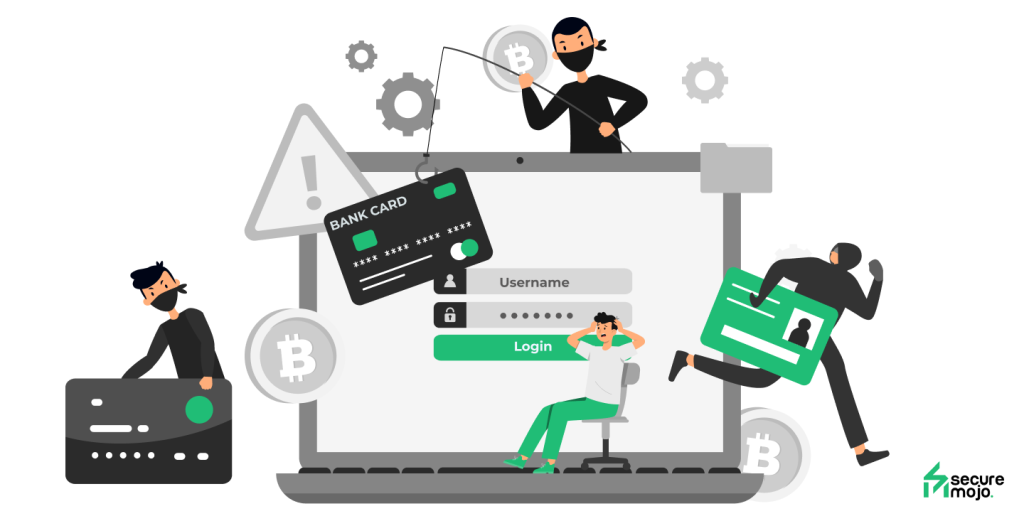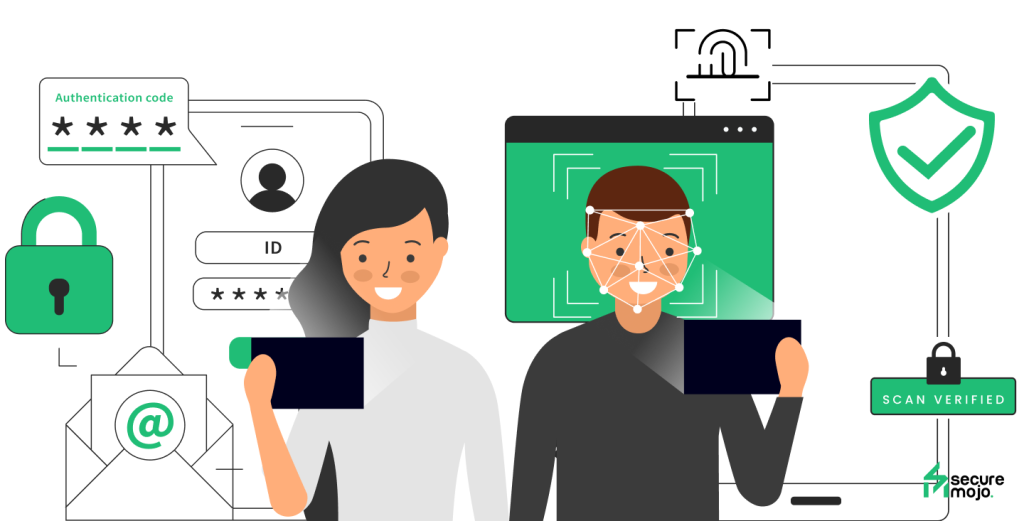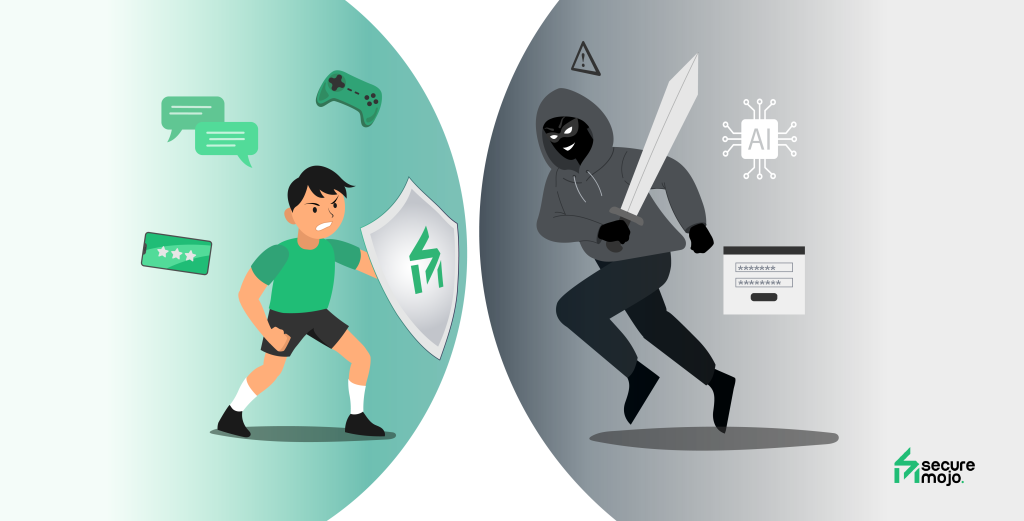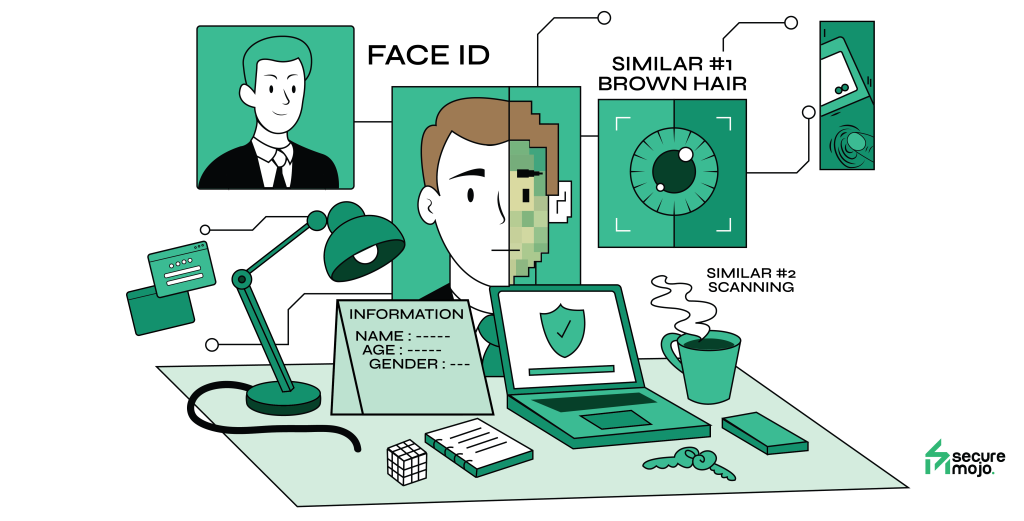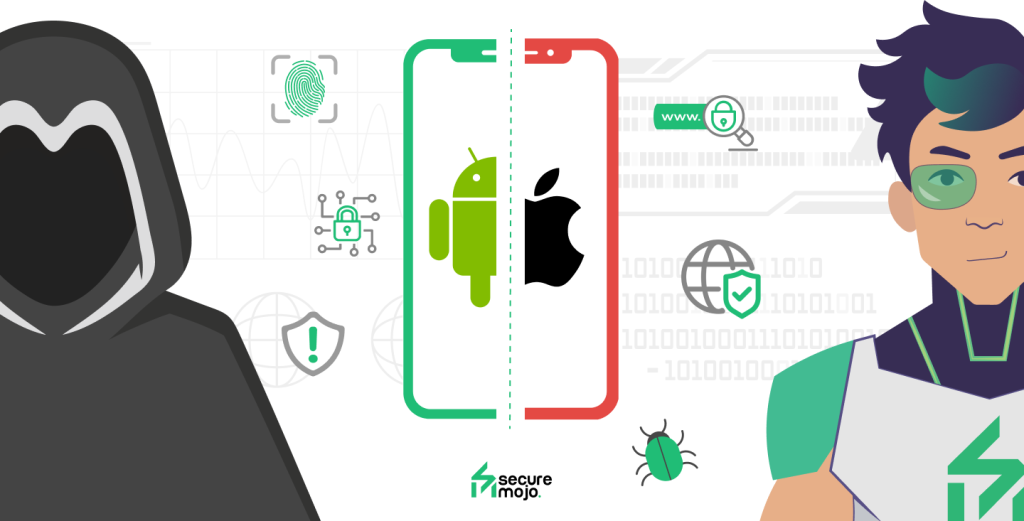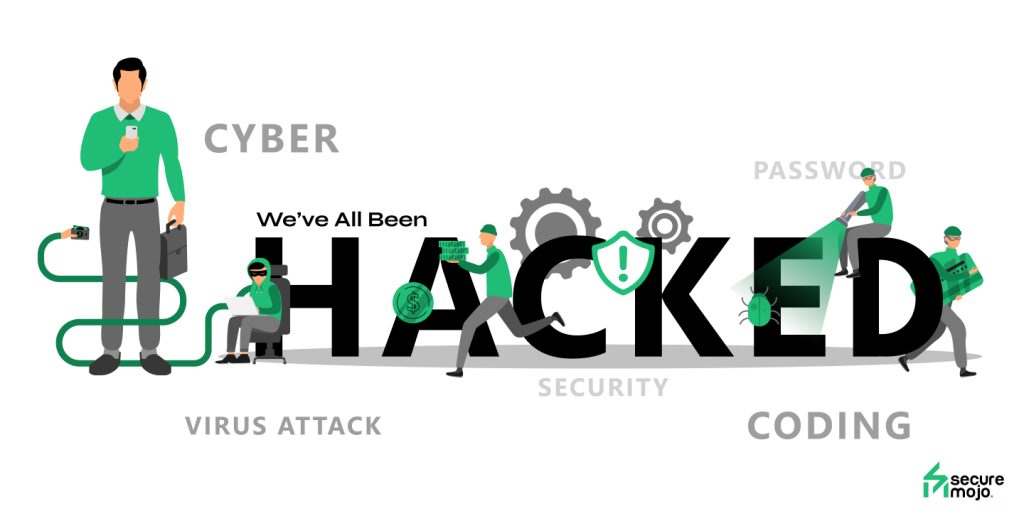In 2020, we were worried about apps tracking our steps or showing us eerily perfect ads. But in 2025? AI apps might be tracking your thoughts, your typing patterns, and your voice, all without you realizing—and then quietly sending that data abroad.
Imagine chatting with an AI, asking it everyday questions. It responds helpfully, seems harmless—until you learn your entire device profile, your chat histories, even your keystrokes, are being uploaded and stored in another country under laws you can’t challenge. That’s the reality behind the global uproar over TikTok and the newer AI app DeepSeek.
Both platforms highlight a growing crisis: who really owns your data—and where is it going?
TikTok: The Early Lesson in Data Control
TikTok might look like a harmless scroll-fest of dances, memes, and makeup tips—but in 2023, leaked internal documents revealed just how much data it collects. Not just names or email IDs—but device fingerprints, keystroke rhythms, face geometry, and even voice prints!
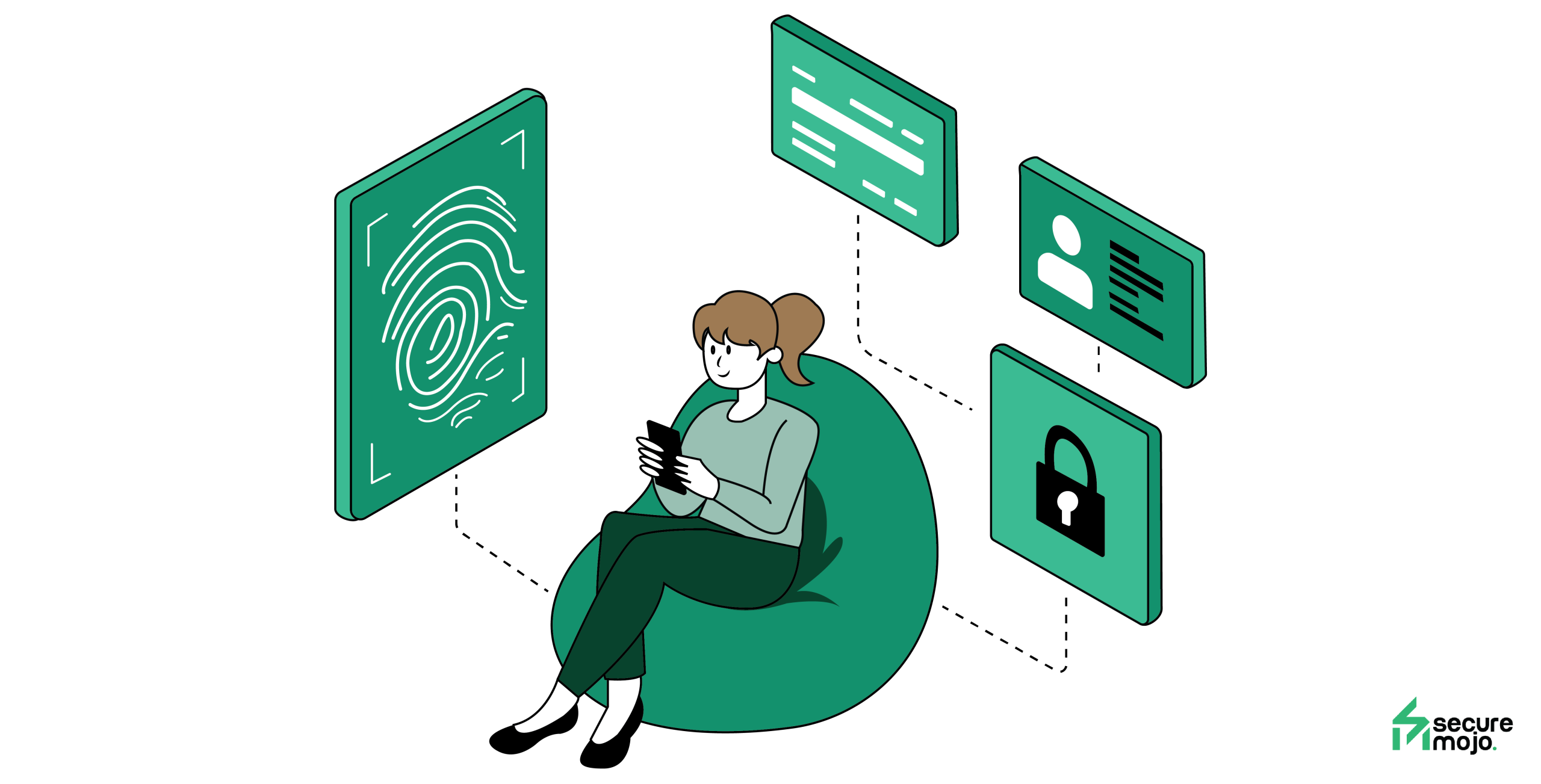
Real Example: In 2022, U.S. employees found that TikTok’s China-based team had accessed American user data multiple times—even data marked “non-public”. That prompted an ongoing push for a ban in the U.S. and scrutiny from over 30 other countries.
This raised a big question: what if an app knows not just who you are, but how you move, type, and sound—and what if that data is under the legal reach of a foreign state?
DeepSeek: AI Sparks a Global Privacy Firestorm
Fast forward to 2025: enter DeepSeek, a sleek Chinese AI chatbot exploding in popularity. Within weeks, it climbed the ranks of app stores. People used it for homework, therapy-like chats, even emotional support.
But behind the curtain, Regulators pointed to DeepSeek’s privacy policies, which reveal data collection practices including email, chat history, keystroke patterns, IP addresses, operating system details, and even device names—enough to build precise digital fingerprints of users. Worryingly, these data streams are transmitted to Chinese servers, meaning they may be legally mandated to share data with the Chinese government under domestic laws.
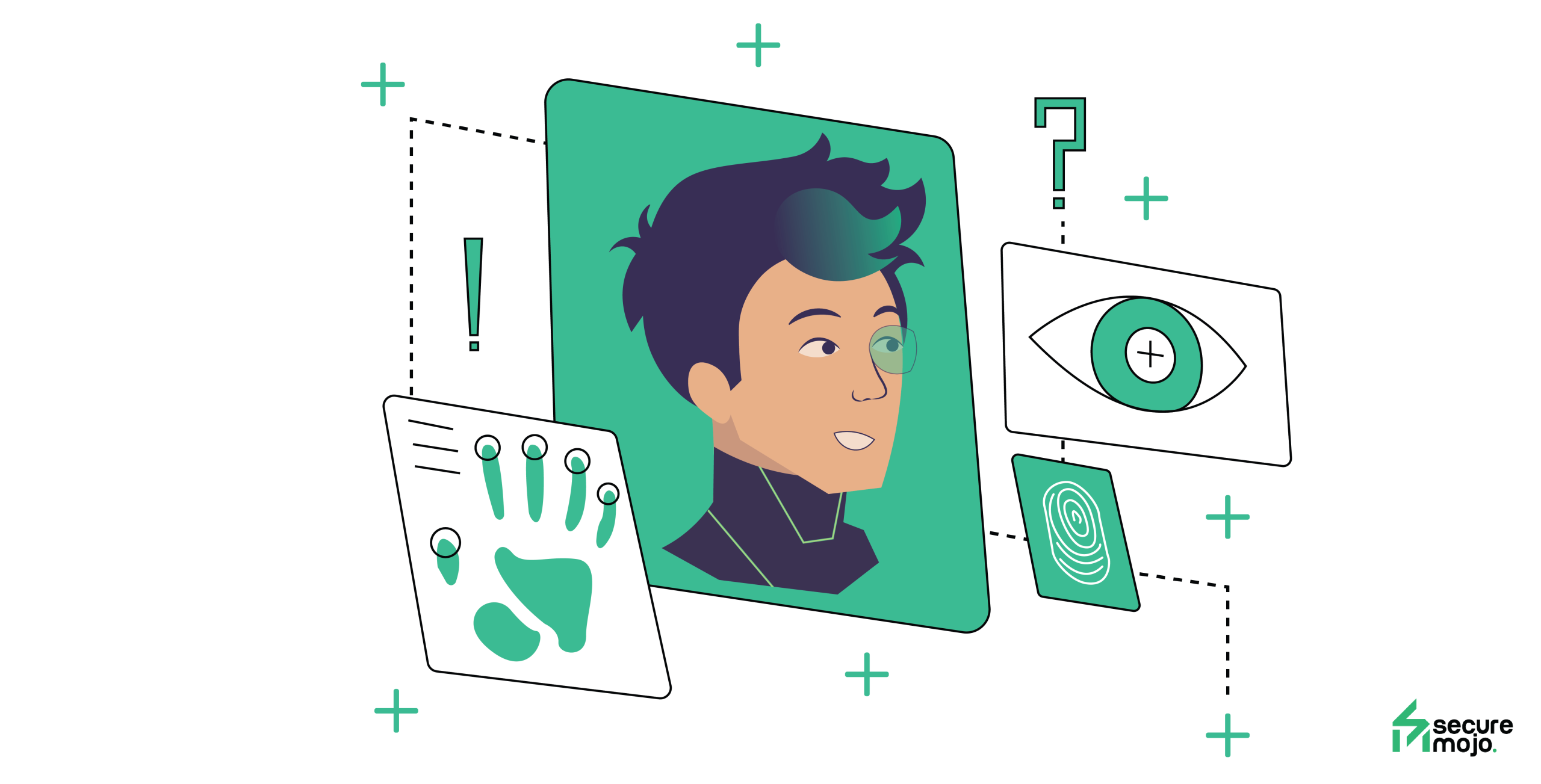
Real Example: In June 2025, Germany’s cybersecurity authority accused DeepSeek of violating GDPR by processing EU citizen data outside the EU, with no consent. South Korea, Italy, and India quickly followed with restrictions or outright bans. Even the U.S. warned Apple and Google to delist the app due to national security concerns.
In July 2025, white-hat researchers from Taiwan discovered a DeepSeek server left exposed online with no password protection. The database? Over 1.2 million user logs, chat histories, and internal APIs—including data from minors, shared via the app’s “emotional support” mode.It wasn’t just the data collection—it was the secrecy and legal gray zones that worried experts most.
So What Are These Apps Really Teaching Us?
These incidents reveal a core issue: AI apps operate like black boxes. We interact with them, feed them personal data, but have no visibility into where it goes or who gets to see it. And when the company operates from another legal jurisdiction—your rights become nearly impossible to enforce.
In the age of AI, it’s no longer enough to worry about cookies or location tracking. Apps now monitor how you think, feel, and move. And unless we demand transparency, that data could be anyone’s game.
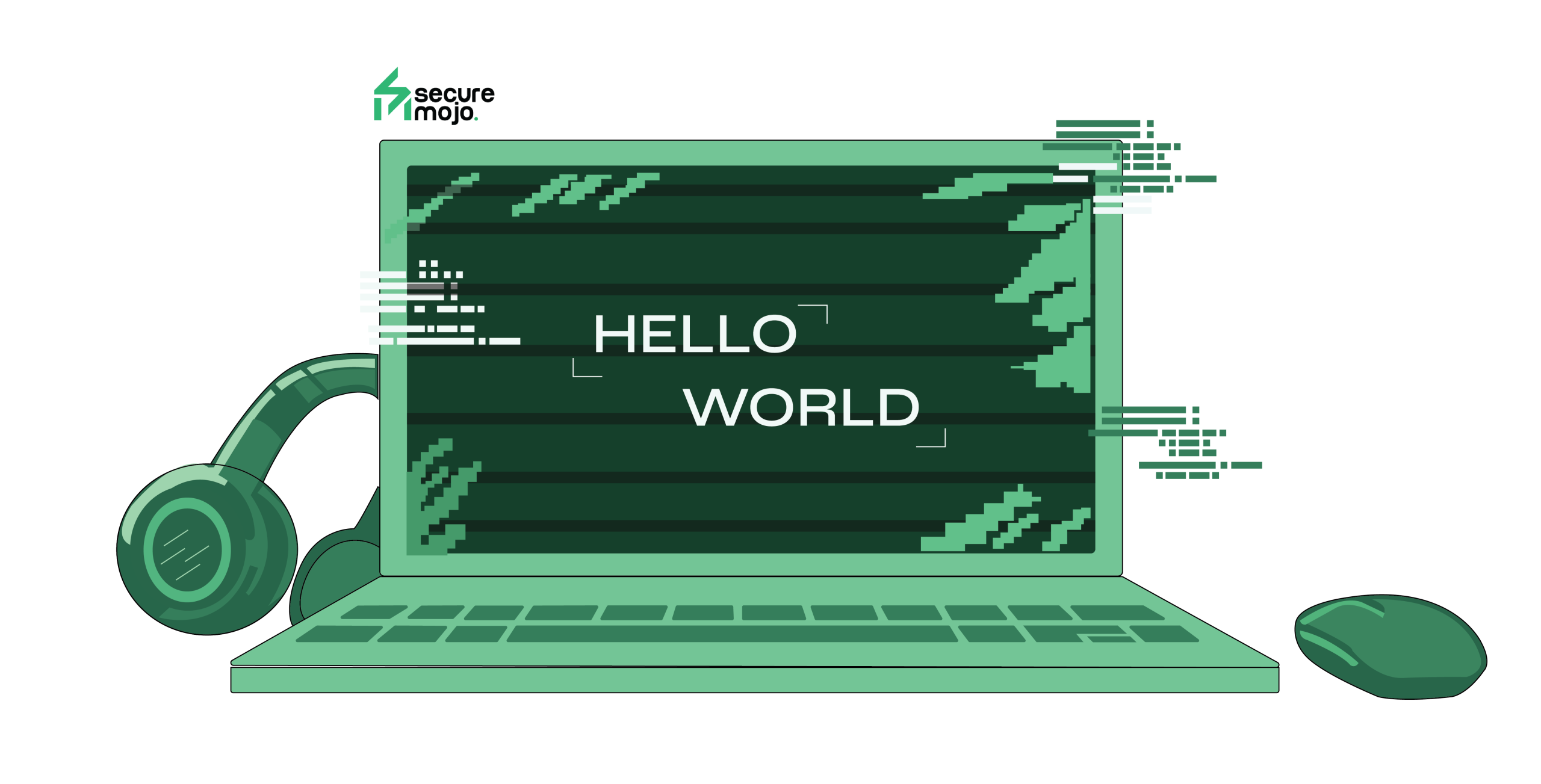
Tips: How to Protect Your Data While Using AI Apps
- Stick to apps from countries with strong privacy laws (like GDPR in the EU or CCPA in California).
- Turn off permissions you don’t need, especially camera, microphone, and location access.
- Avoid typing personal or sensitive data into AI chatbots—yes, even casually!
- Use browser-based tools with incognito/private mode when exploring new AI platforms.
Final Thoughts: Privacy Is the Price of Curiosity—Unless We Say No
TikTok and DeepSeek aren’t the last apps to test the limits of our digital trust. They’re just the loudest warnings so far. The truth is: AI is becoming intimate technology. It talks to us, mirrors our thoughts, and adapts to our habits. But if we don’t draw the line now, we might wake up in a world where nothing we say or do online is truly ours anymore.It’s time to start asking more from these tools—not just cool features, but clear ethics and accountability. Because in a world where AI is listening, only the informed can protect themselves.


